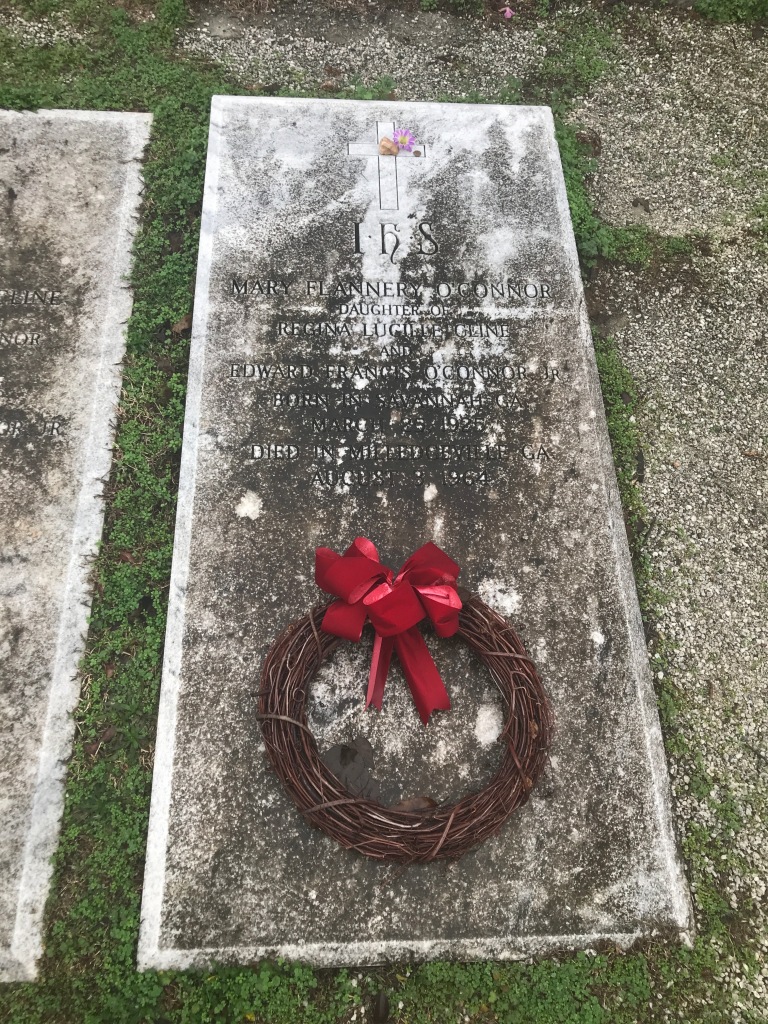I think one of the hardest things about being a teacher is that moment you realize that you care WAY more than your students do.
The kid you have been pulling aside all year long, who doesn’t know how to study, and who you beg to come in for extra help? You care more than he does.
The girl who rarely comes to school and always comes to your class late, who misses so many lessons and therefore fails almost every assessment? You care more than she does.
The kid who always wants to put his head down, who always wants to go to the bathroom, who wants to do anything to avoid interacting with you or the other students? You care more than he does.
At least, you think you do.
That’s what it feels like when you are a teacher.
And yes, you get it. There are all sorts of reasons – valid reasons! – why a lot of kids don’t care about school.
But after a while you want to throw in the towel. Why should I care about Jake failing more than he does? Why should I spend all this time making retakes and practice assignments when half of those kids never show up for extra help anyway? Why should I even bother trying to make my lessons engaging? Why should I assign this essay or write this sample? Why should I put all this effort in?
I’ve been feeling this way a lot (as I often do at the end of the year). It’s a hard time for everybody.
Today I passed back yet another test which an alarming number of students failed. I showed them the study guide side by side with the test–the study guide I had assigned for homework before the test that many of them decided not to do. There were murmurs of surprise when they saw how similar the study guide was to the test, and how the homework was clearly aligned to the assessment and was clearly meant to help them.
And I felt like saying (loudly), “SEE? SEE THE CONNECTION BETWEEN DOING THE HOMEWORK AND DOING BETTER ON THE TEST? DO YOU SEE IT NOW? WILL YOU ACTUALLY TRY DOING THE STUDY GUIDE NEXT TIME?”
But instead, I just said to them, “Some of you did a great job on this test, and you have been working hard all year, and I see you and I am so proud of you. Some of you really struggled on this test. Maybe it was because you are not giving yourself enough practice outside of class. Maybe it’s because you’re confused and you needed to ask for some help.
“But here’s what you really need to know: I gave you this study guide because I care about you. I offer retakes on every assessment because I care about you. I stay up late and plan lessons every day, even though I’d rather go to bed or do a million other things, because I care about you. I do everything I can to help you be successful because I care about you. I push you and challenge you because I care about you.
“It’s not too late to learn and grow. It’s not too late to walk out of the dark woods and ask Virgil to help you. It might feel like Virgil is leading you through hell, but you have to do the hard and scary stuff in order to make progress.” (We’re reading Dante’s Inferno right now, so they get the allusion.)
“I care about you and I want you to succeed. That’s my job. Let me know how I can help.”
And I saw on their faces that some of them were moved to hear that.
And I realized, I need to say that phrase – “I care about you” – a lot more often. Because sometimes they don’t hear that phrase as often as they should. And sometimes they can’t make the connection between what you do for them and how you really feel for them.
As with everything else in good teaching, you need to be clear. You need to say what you mean. Of course it seems obvious to us, as teachers, that we care. But it may not be obvious to your kids.
So, if you’re a teacher, insert “because I care about you” into your correction of a misbehavior.
Insert “because I care about you” into the consequence you give.
Insert “because I care about you” after you give some tough feedback on an assignment.
And see what happens.
They need to hear that phrase. All the time. And maybe if they do hear it all the time, over and over again, in big ways and small ways, verbally and silently, through actions and words, the message will hit home.



